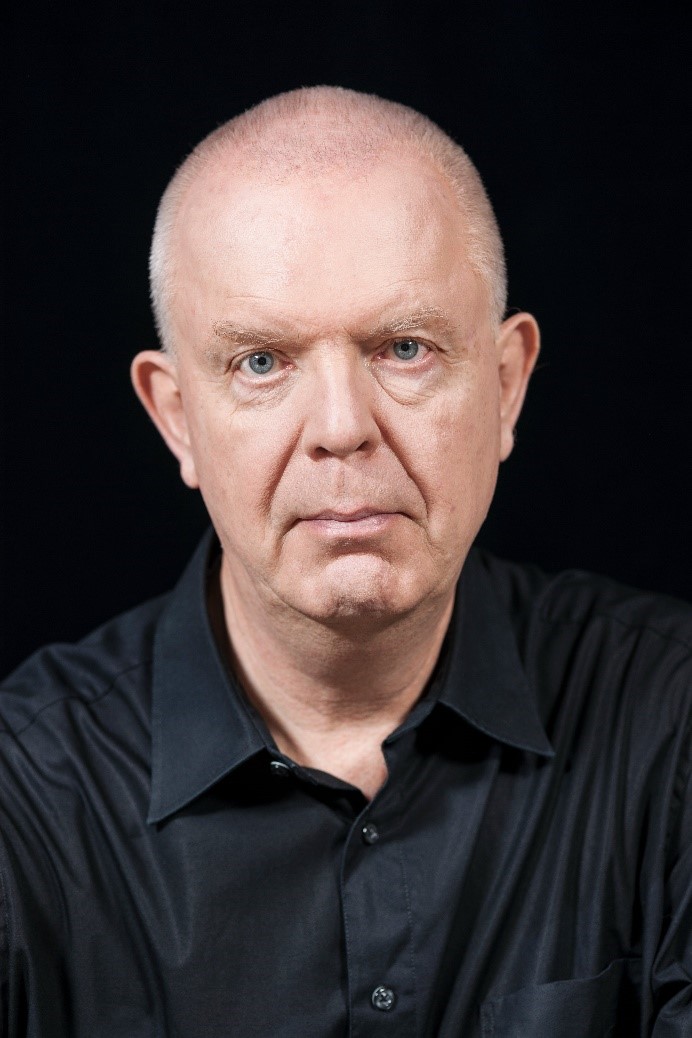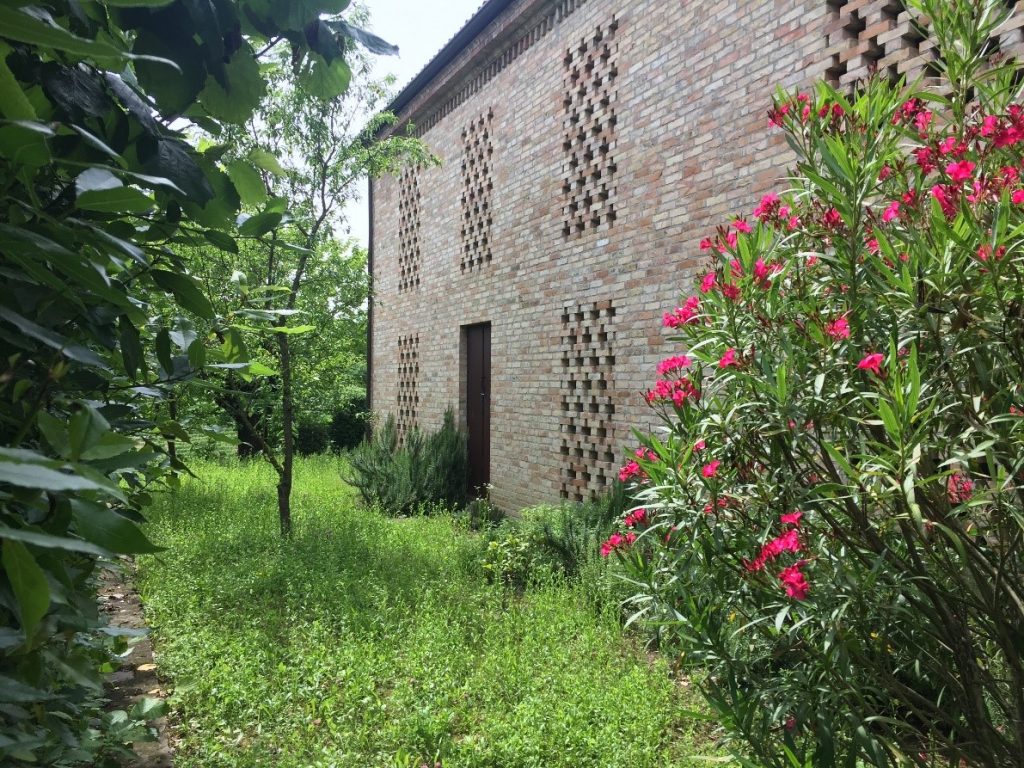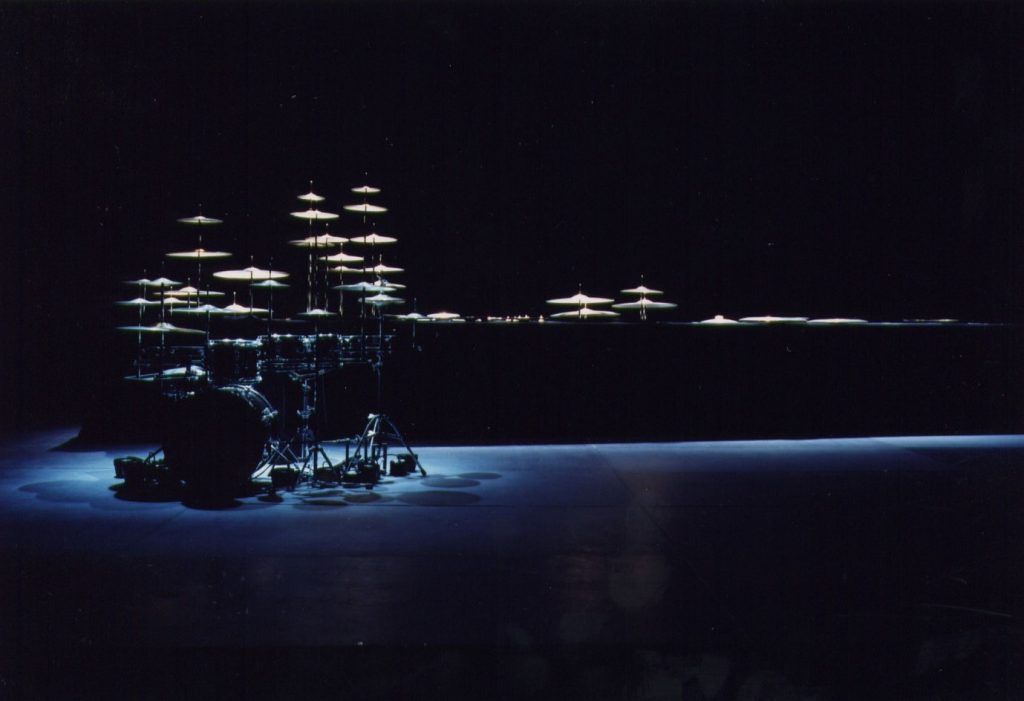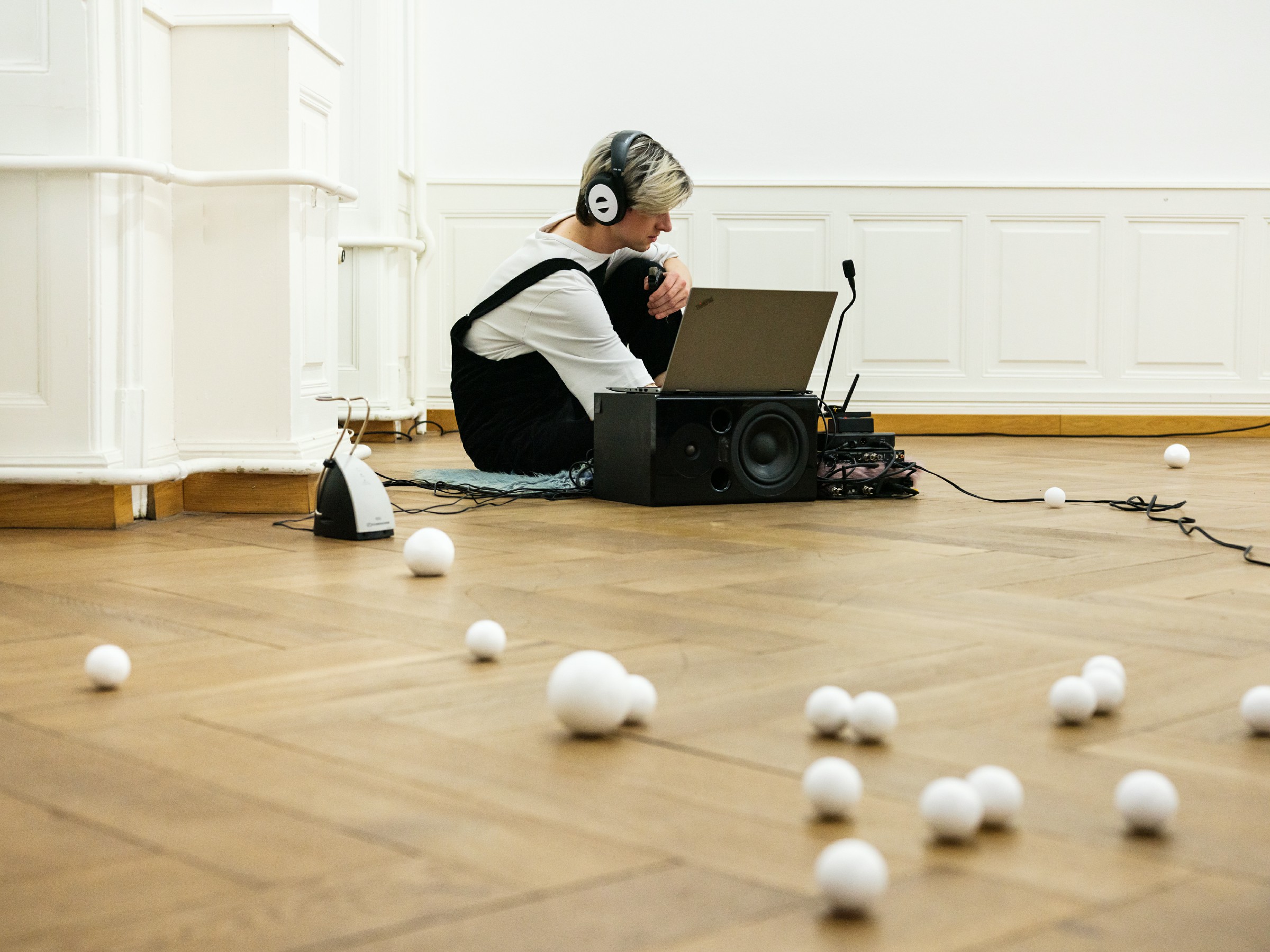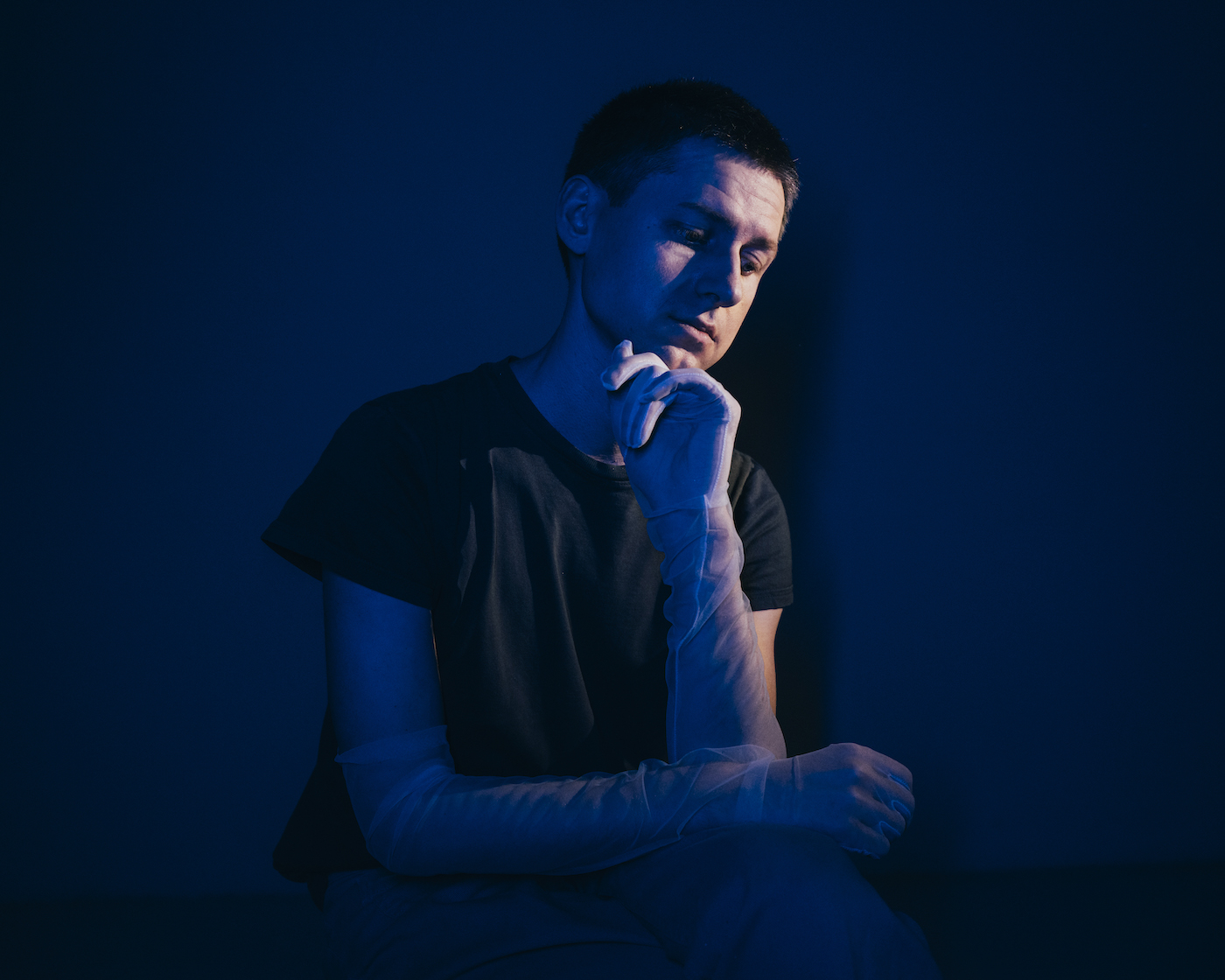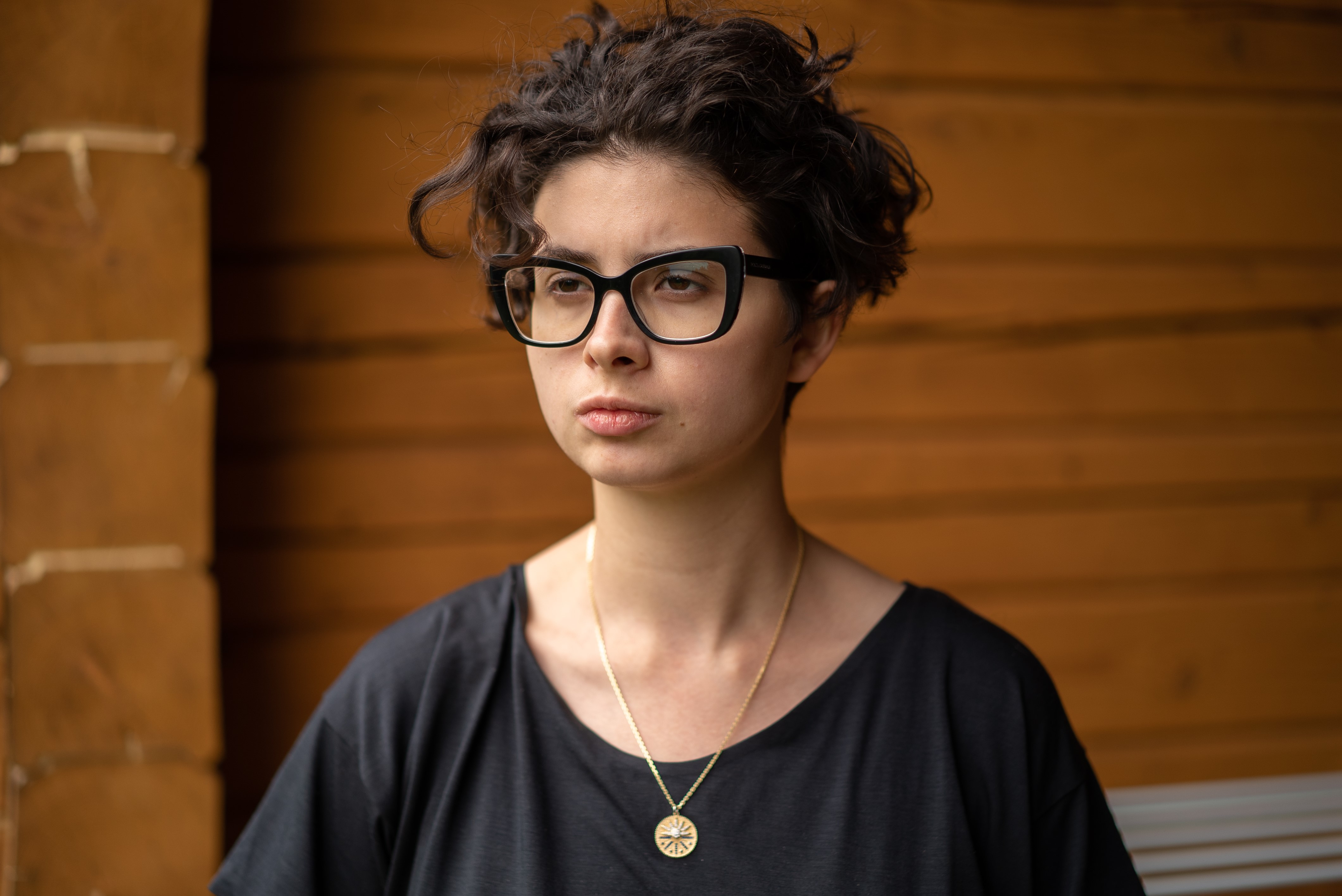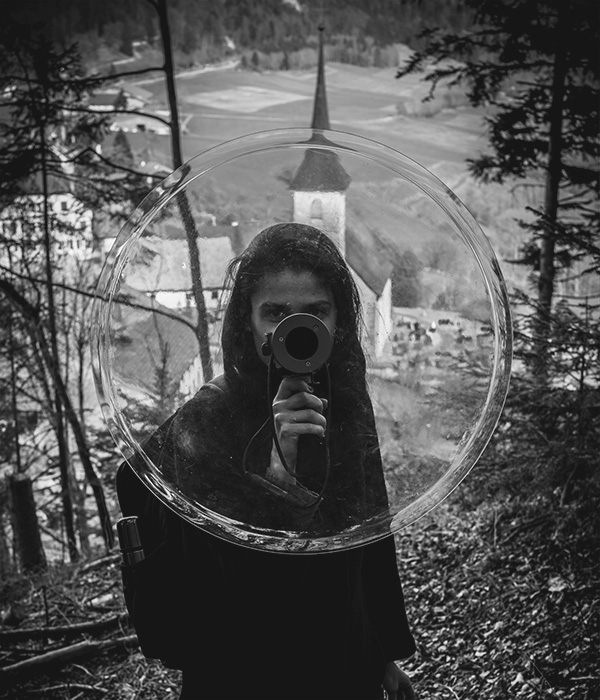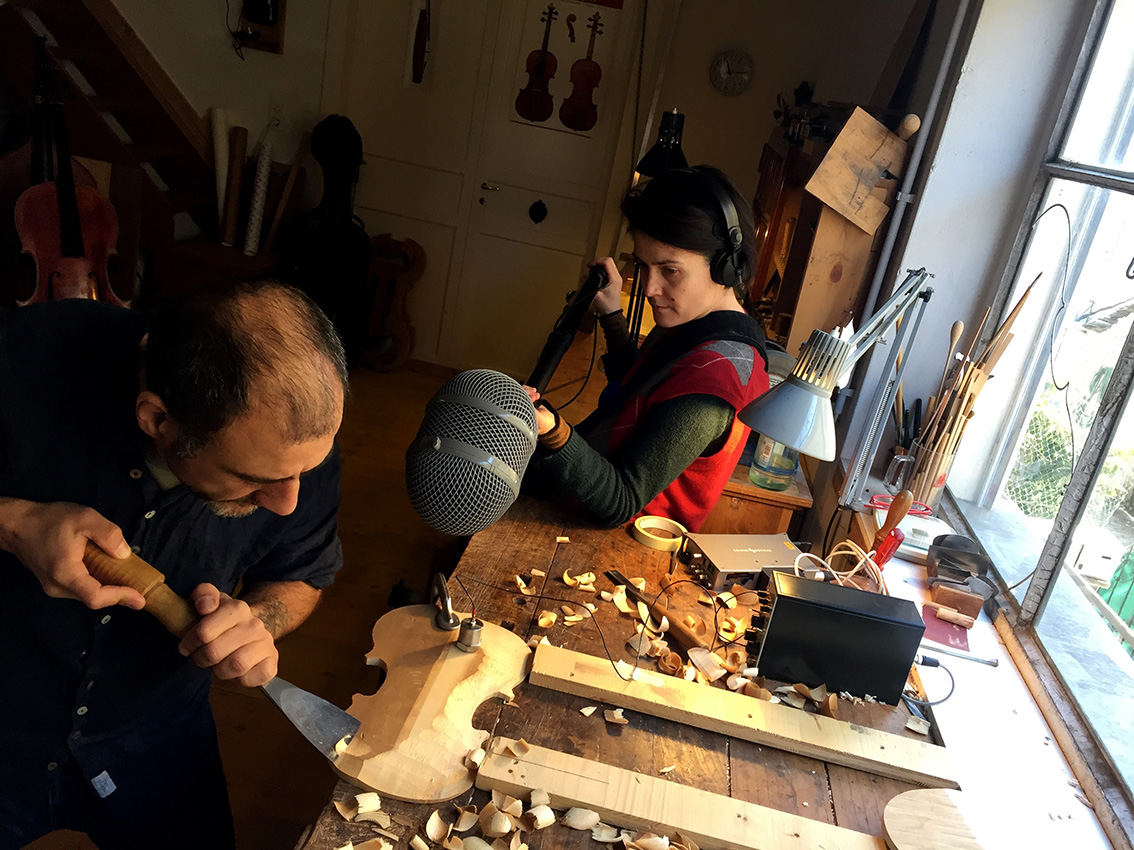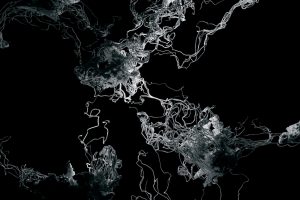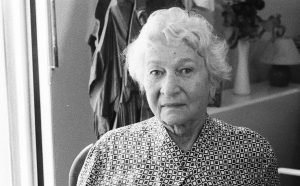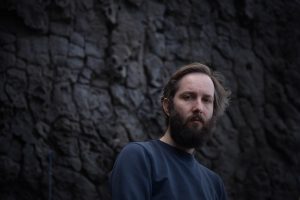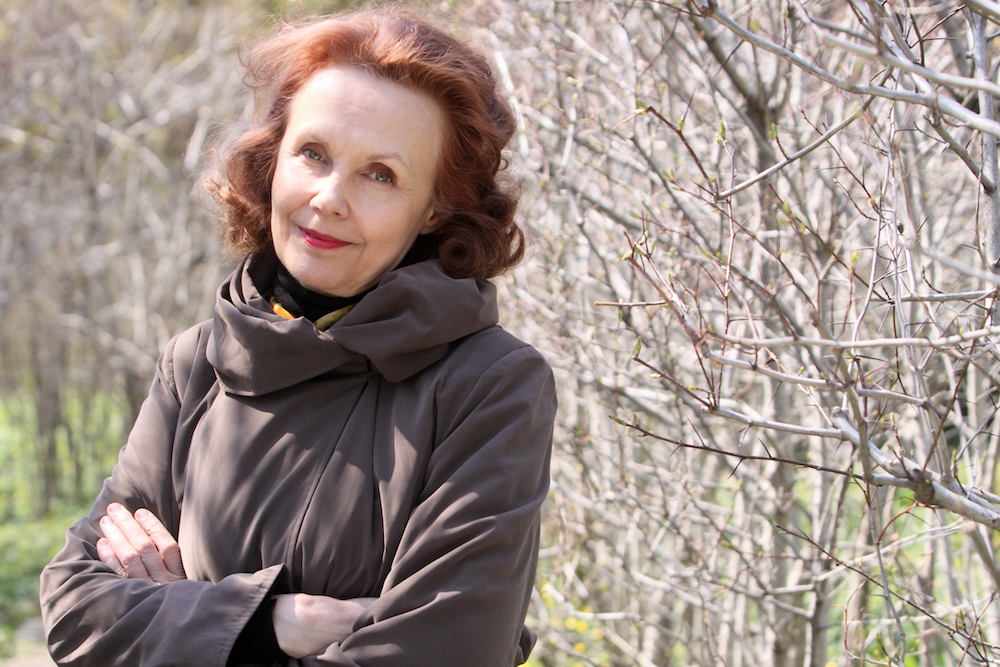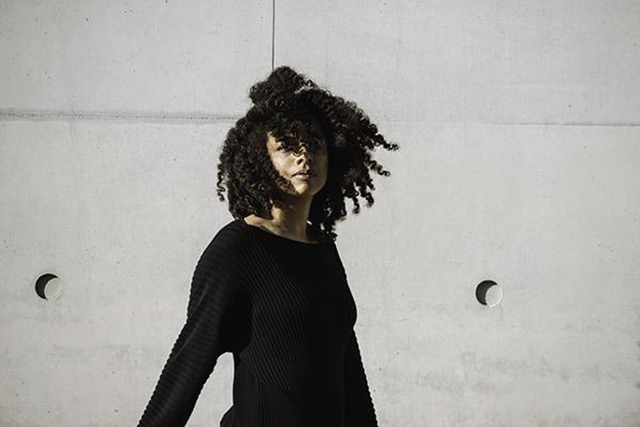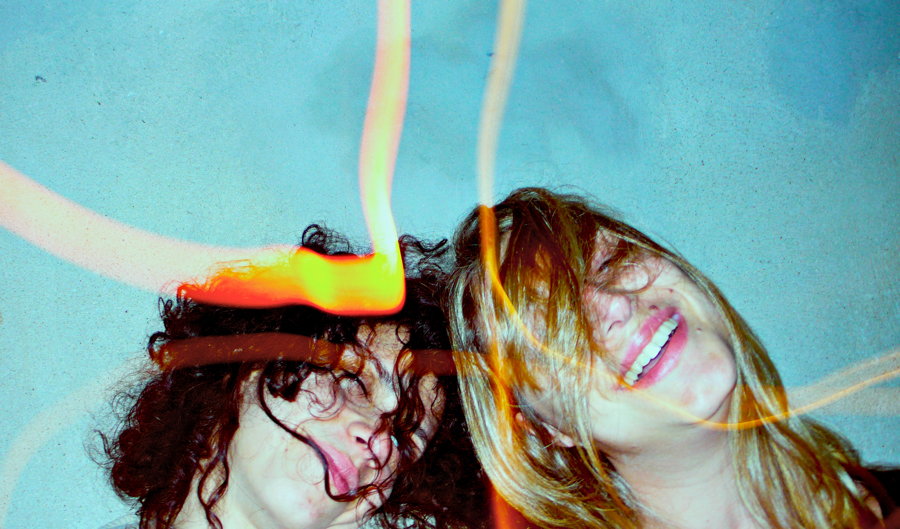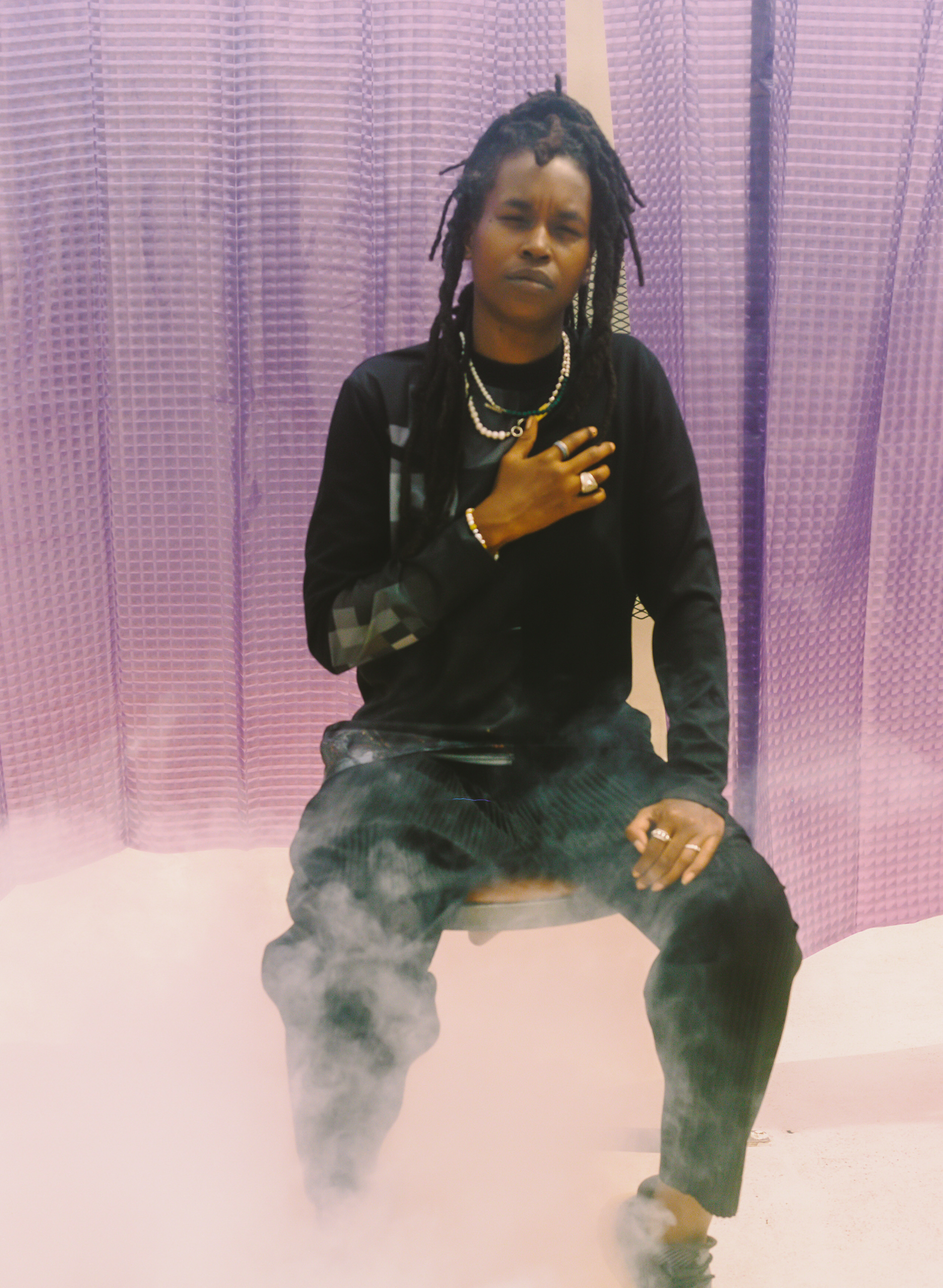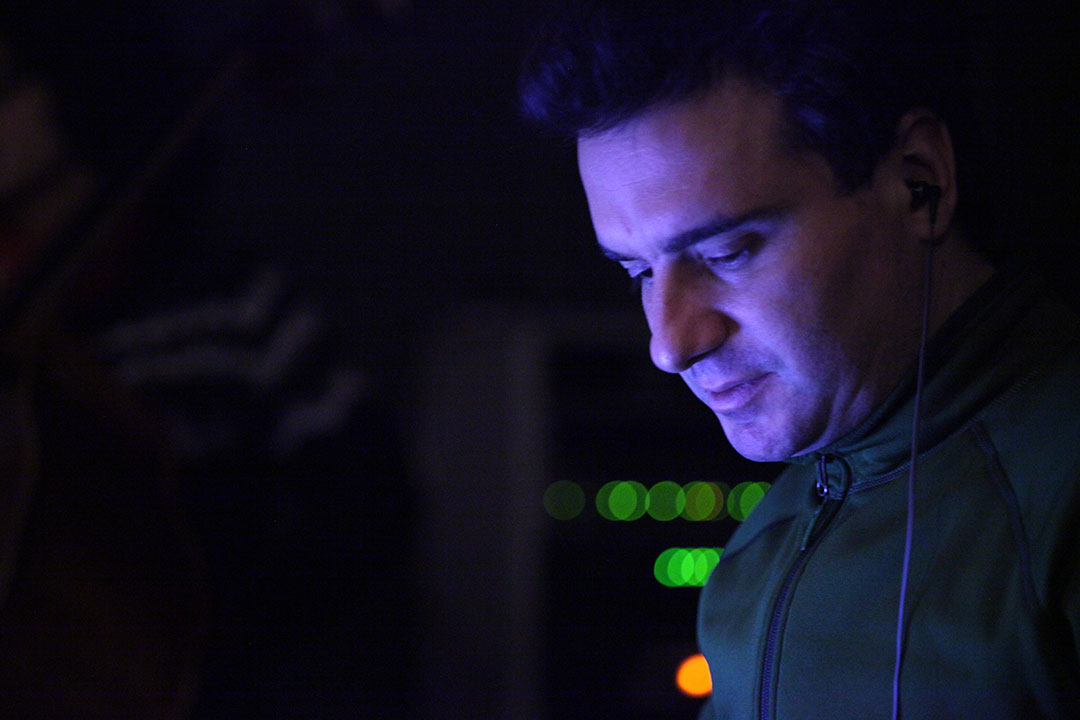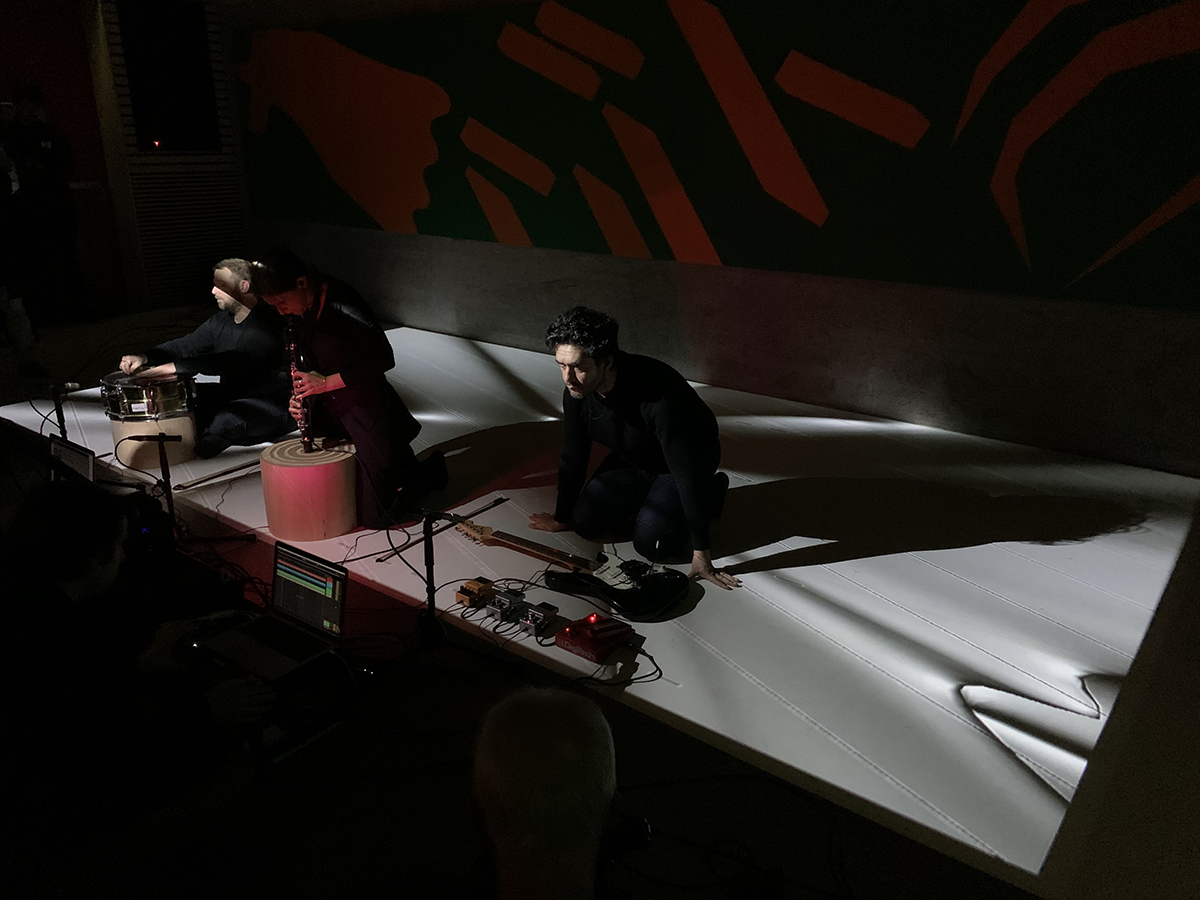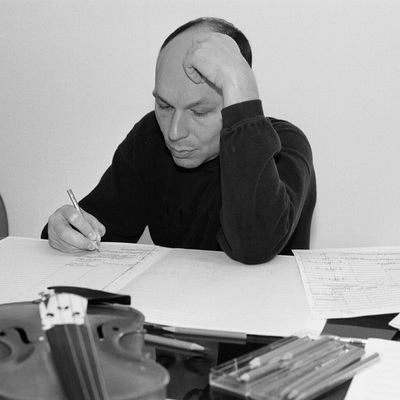Geneva’s AMR association (AMR stands for “Association pour l’encouragement de la Musique improvise”) is the oldest Swiss institution for improvised music. Since it’s foundation in 1973, it has been committed not only to improvised concerts but also to offer rehearsal opportunities and lessons in improvised music. Its almost 50-year commitment is now being recognised with the Special Music Prize 2022.
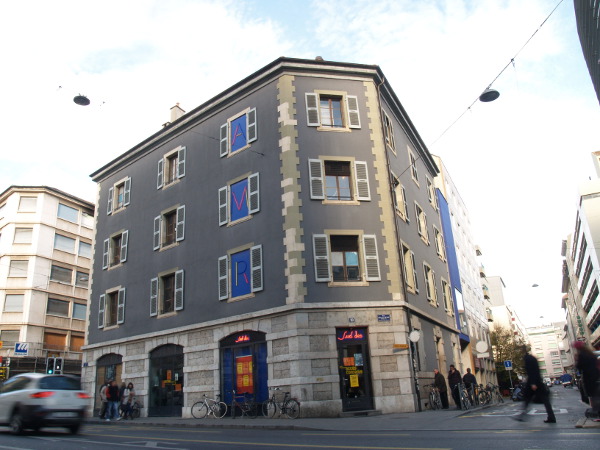
Jaronas Scheurer
Especially in niche genres like improvised music, most of the work is done on a voluntary basis. Fees for the musicians are low, the work behind the scenes is based on goodwill and the money for the organisers is generally scarce. The pandemic, during which no concerts could be held for months and general uncertainty reigned for even longer, exacerbated this deplorable situation. Not so in Geneva – where AMR managed to paid both the musicians who were booked but couldn’t perform as well as the technicians and staff who were unable to work. This is not only extremely honourable, but also quite unusual. “We had the money and we had booked them, furthermore the musicians were worse off than the organisers,” explains Brooks Giger, secretary of the AMR programme committee and double bass player.
John Menoud: Which way does the blood red river flow? Nouvel Ensemble Contemporain and the trumpeter Mazen Kerbaj, 2017. John Menoud is member of the AMR programme committee.
Milestone of Geneva’s cultural landscape
The AMR exists since 1973, almost fifty years. In the 1970s, the free jazz scene in Europe was buzzing. Peter Brötzmann, Alexander von Schlippenbach, Peter Kowald & Co. in Germany, Irène Schweizer and Pierre Favre in Switzerland. John Stevens and his “Spontaneous Music Ensemble” or the improvisation ensemble AMM in the UK, not to mention the USA with Charles Mingus, Alice and John Coltrane, Ornette Coleman, Sam Rivers, etc. The time was right for a few musicians in Geneva, who go together and devoted themselves to this musical genre.
This is how the AMR idea came about. When the association was founded in 1973, its members already knew that they wanted more than just a stage and organising concerts. “There was this great desire of the founding members to have something where they could gather, work together and create. Where they can listen to this music in concert and share it in the classroom.” – says Brooks Giger. From the beginning, AMR included also a music school as well as rehearsal rooms. The City of Geneva was receptive to this concept and soon financial support was allocated. “We were also very, very lucky that we received support from the city in the 70s and to this day,” Brooks Giger says regarding Geneva and its special situation.
In 1981, the AMR was able to rent a building on Rue des Alpes, the “Sud des Alpes”, which is still the association’s centre and headquarter. Until 2006, the “Sud des Alpes” was gradually renovated and today, it houses not only the AMR offices, but also 13 rehearsal rooms (including two large ones for ensembles) and two concert halls, one in the basement for 50 people and one on the ground floor for 120 people. In the meantime, AMR has become an integral part of the city’s cultural landscape. Brooks Giger describes it this way: “If someone in town asks where to listen to some jazz – AMR. If someone is looking for musicians for a gig – AMR.” In the meantime, they have become an institution for jazz and improvised music in Geneva, which means they still get money from the city – “on croise les doigts” (fingers crossed), says Brooks Giger.
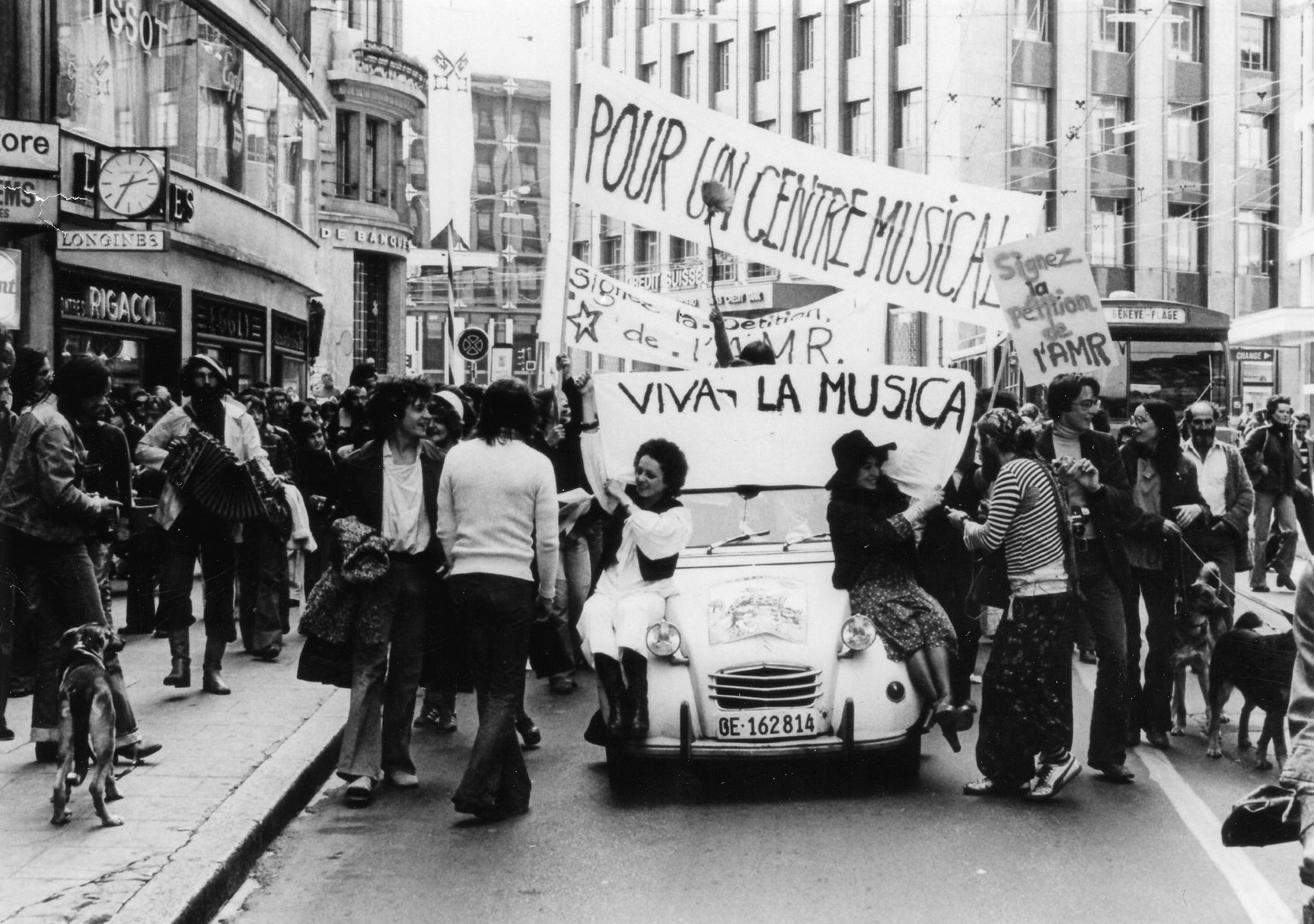
Concert programme between local scene and international stars
The City of Geneva’s financial support is tied to the condition that at least 60 per cent of the performing musicians must be from the region. The programming of the 250 to 300 annual concerts and the two festivals is therefore always balanced between local artists, national stars and international guests. The workshops held at the AMR also show what they have learned in regular concerts. So it may well be that in the same week one can enjoy the New York star saxophonist Chris Potter with his quartet, a South African-Swiss combo, a local jazz band and the AMR’s funk workshop. Fair play reigns not only through the concert programme, as the AMR staff is composed of musicians and thanks to the part-time employment at AMR, they are assured a regular income. Performing musicians who live in Switzerland can also be employed by the AMR, which ensures certain employment and welfare benefits. The ticket prices are moderate, so that everyone can afford the AMR concerts and since a few years ago, a group of members promotes gender-balanced concert programmes.
The group Noe Tavelli & The Argonauts from Geneva at the AMR Jazz Festival 2022
A Geneva gem for improvised music
In 2022, AMR is on solid fondations: it has a location with the necessary premises for lessons, concerts and rehearsals, financial support seems to be secured for the longer term, it has survived the pandemic and is again presenting a colourful, interesting concert programme. But above all, the AMR has a lively and committed music scene behind it and its commitment to improvised music has now been recognised by the Federal Office of Culture with the Special Music Prize 2022: “The association is a place of culture, equality, debate and growth,” writes the FOC on the reasons that led to the award.
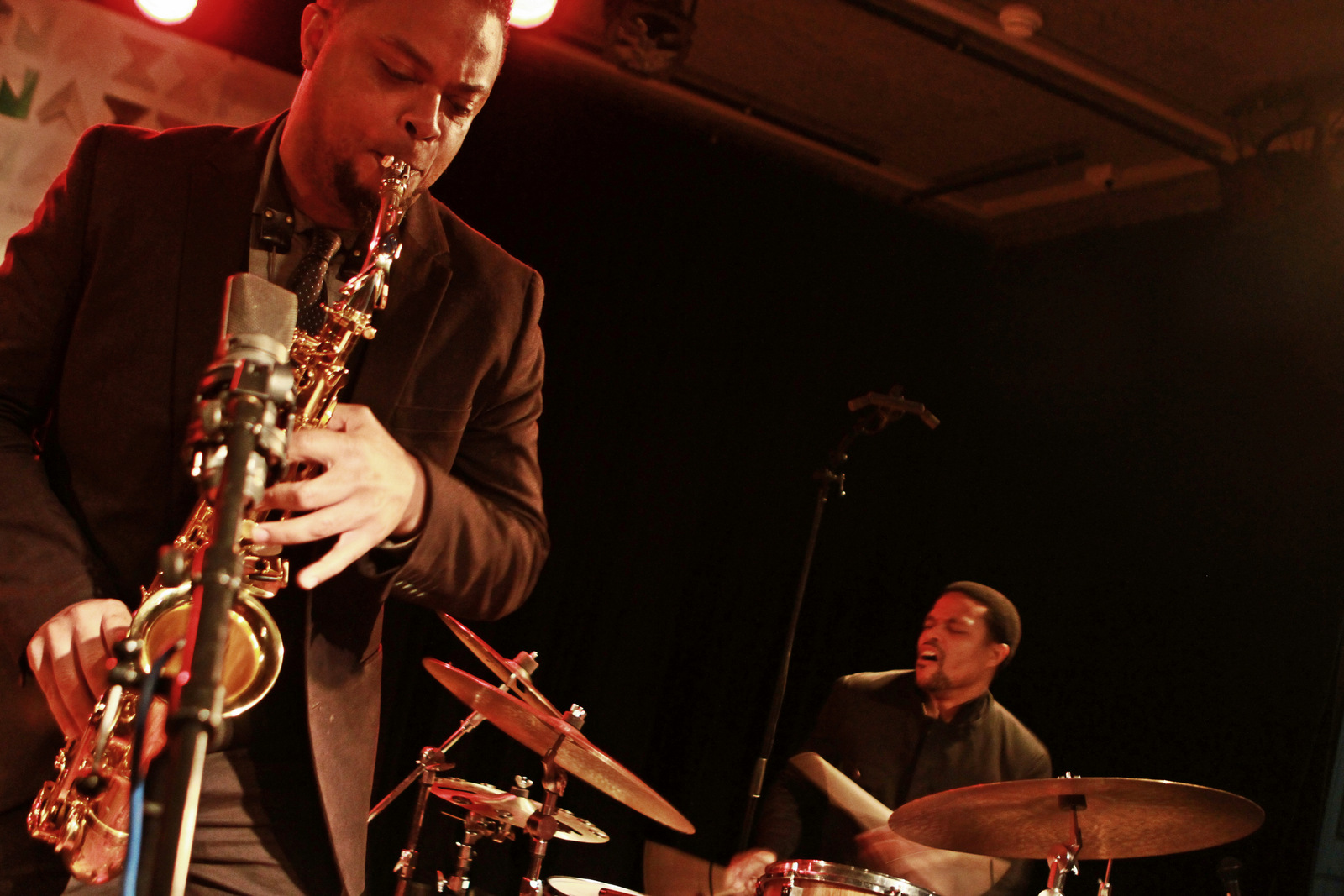
Brooks Giger, however, doesn’t see growth as a top priority. “We already do a lot with concerts, festivals, workshops and the rehearsal rooms. There is no need to do more. What we have is already a gem, a diamond. We just have to keep polishing it and taking care of it.”
Next year, AMR will turn 50. There will of course be some special events, such as a photo exhibition at Bains de Pâquis and a publication with photos and essays. Furthermore, a documentary about the AMR is currently in the making and last but not least, there will of course be plenty of good, improvised music from Geneva, Switzerland and from all over the world at “Sud des Alpes”.
Jaronas Scheurer
The website of the AMR and its concert programme.
The laudation of the jury of the Special Music Prize 2022 for the AMR.
The YouTube channel of the AMR.
Neo-Profile:
John Menoud, d’incise, Alexander Babel, Daniel Zea


